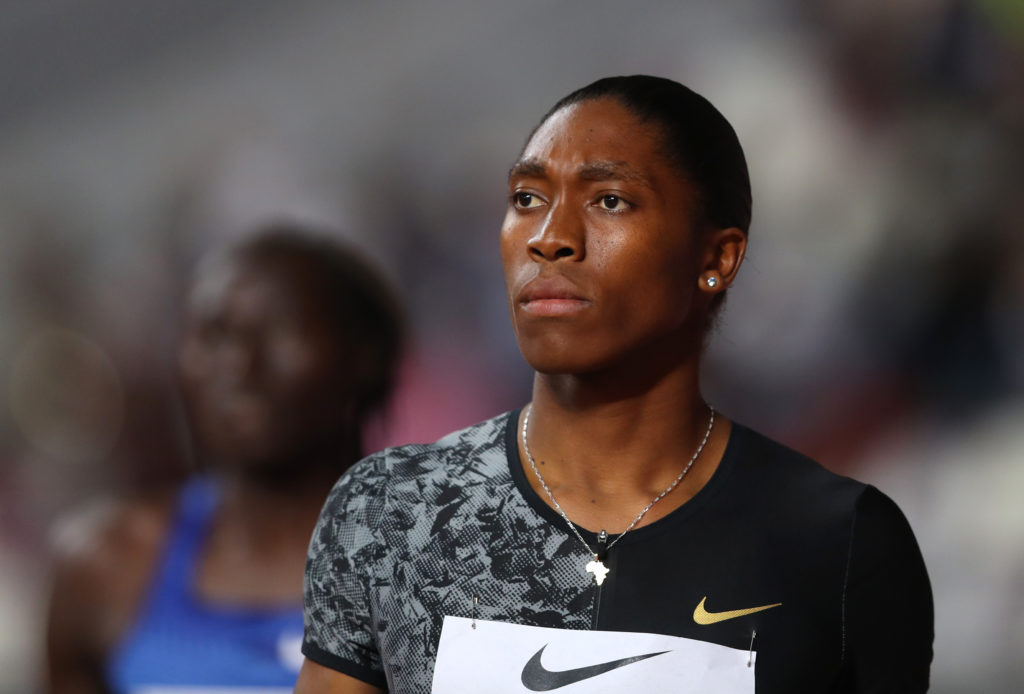International Olympic Committee scientists fail to agree on trans athlete guidelines

Plans by the International Olympic Committee to tighten guidelines for trans athletes ahead of the Tokyo 2020 Games have stymied because scientists are struggling to agree over the “tricky political and emotive issue”.
Scientists involved in the decision were expected to recommend halving the permitted testosterone levels for trans women competing in elite sport, opening up the field to more trans-inclusive races.
But sources confirmed to The Guardian that the IOC have pinned discussions because the subject is so divisive, and consensus is not likely before the games begin next year.
Trans advocates have long argued that current regulations – established in 2015 – have limited non-cis athletes making it to elite-level games.
An agreement has ‘proved far more difficult than expected’, says source.
The current regulations – hashed out by board members, scientists and legal advisors – allowed trans women to compete insofar that they “demonstrate that her total testosterone level in serum has been below 10 nmol/L for at least 12 months”.
However, these guidelines proved provocative, given that female testosterone levels tend to range between 0.12 and 1.79 nmol/l, while male’s are typically between 7.7 to 29.4 nmol/l.
According to the broadsheet, some scientists have advocated for reducing the permitted testosterone levels to 5nmol/L, which is below most males.
This would ensure more trans women could compete in women’s category sports, they claim.
But a salvo in the struggle to agree was some scientists disagreeing with this. They argued that testosterone suppression for trans women has little effect on reducing muscle strength even after a year of treatment.
One source told The Guardian that the draft IOC proposals “had gone around the houses” without any progress. Therefore, making it unlikely that a new consensus position would be reached before the Tokyo Olympics.
Another source said an agreement “proved far more difficult than expected because this is such a tricky political and emotive issue”.
The process is being led by the IOC Medical and Scientific Commission as well as being informed by inputs from the IOC Athletes’ Commission and the IOC Women and Sport Commission.
Stakeholders alongside medical, legal, and human rights experts will also have a say in the process.
The Guardian reported that talks will continue while other sporting federations are encouraged to create individual policies on trans athletes. But without the IOC taking the lead, these governing bodies may be unwilling to do so.
IOC’s position is still ‘unchanged.’
PinkNews reached out to the IOC, where a spokesperson confirmed the governing body’s position is “unchanged.”
In a statement, the IOC said it “recognises the complexity of these issues, which pose tensions between inclusivity, fairness and safety, and is also concerned about ensuring equality for women and their empowerment across sport”.
Moreover, these “voluntary guidelines will acknowledge the differences that exist between sport” and will take into consideration current research as well as legal developments on the subject.
“Our guidance will be subject to periodic review in order to take account of relevant developments in the area, in consultation with all stakeholders concerned.”
The case for gender fluidity in sports.
To Olympic book-keepers, 800 metre runner Caster Semenya was a firm favourite to win a gold medal in the Tokyo Olympic Games.

Caster Semenya prior to competing in a women’s 800m race. (Francois Nel/Getty)
But she became a lighting rod for criticism this year after the highest court in international sports ruled that female athletes with elevated testosterone must take suppressants or be considered illegible to compete.
Many high-profile transphobic sports figures against trans folk participating in sport welcomed the decision.
As a result, it put Semenya’s involvement in the games into question, all because she has elevated testosterone levels.
Semenya’s legal proceedings and the International Olympic Committee’s strain to reach agreement capture the sluggishness of the sport’s world in embracing gender fluidity and diversity.

